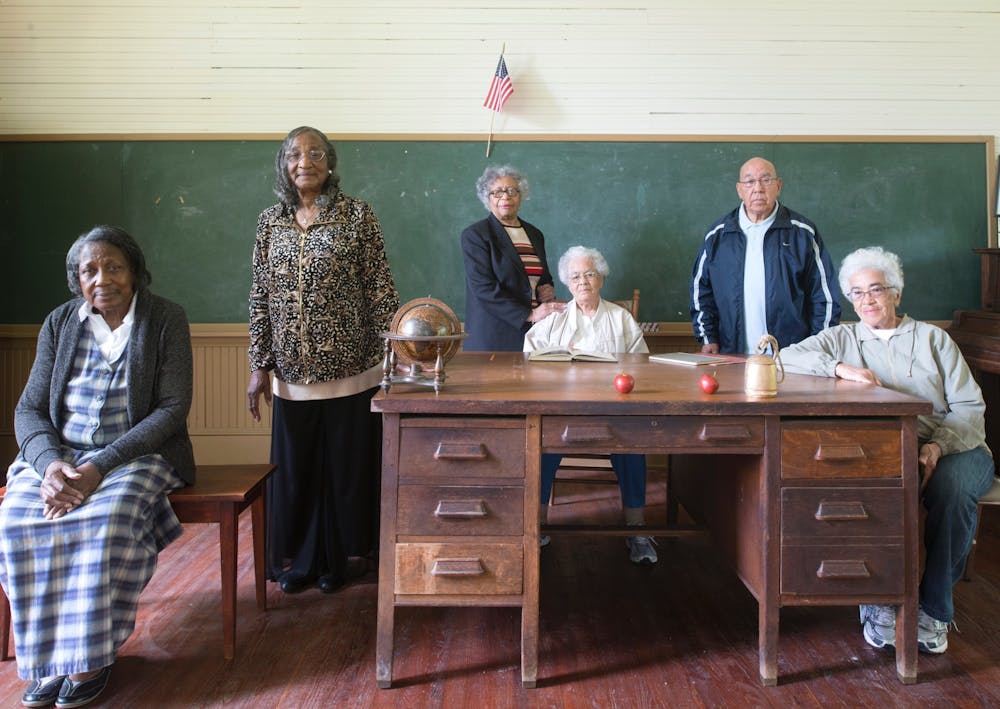Nestled at the edge of Hillsborough and Durham County, just about 20 miles from campus, a two-room school building remains a brick-and-mortar testament to the power of a community being able to provide for future generations nearly 94 years after its initial construction.
The Historic Russell School is one of many Rosenwald schools, constructed during the Jim Crow era to provide Black students with the opportunity to receive an education. These schools were a result of a partnership between Booker T. Washington and Julius Rosenwald, former chairperson and part-owner of Sears, Roebuck and Co.
Valinda Littlefield, associate professor of African American Studies at the University of South Carolina, said the Russell schools were created to address the lack of quality schools for Black students in the rural South.
“You're talking about a Jim Crow system where the schools are nowhere near equal,” Littlefield said. “You're talking about a system where many schools are in churches. Many schools are in rundown buildings.”
North Carolina had over 800 Rosenwald school projects — more than any other state in the rural South — making up roughly 15 percent of the total Rosenwald schools in the country. The Historic Russell School is the only surviving Rosenwald school in Durham County and has received an inquiry from the National Parks Service about being included as a historic park.
The creation of the Historic Russell School was fundamentally the work of the community, Littlefield said. Rosenwald schools received funding in three parts: seed money from Rosenwald himself, contributions from the predominantly-white county school boards and from the community.
“You could give labor and finances so it was usually a combination of those things for the African American community, but they raised a tremendous amount of money to make sure that those schools got built,” Littlefield said.
Fisk University found that the Historic Russell School received $700 from Rosenwald’s fund, accounting for nearly a fifth of the total cost of $3,695. The remainder of the funding was left to the community and the public to secure.
The tangible signs of education inequities are visible in the Historic Russell School. Phyllis Mack Horton, chairperson of the school's board of directors, said when students come for tours, they often notice holes in the chalkboards — these chalkboards were already used and given to them by the white school board.



